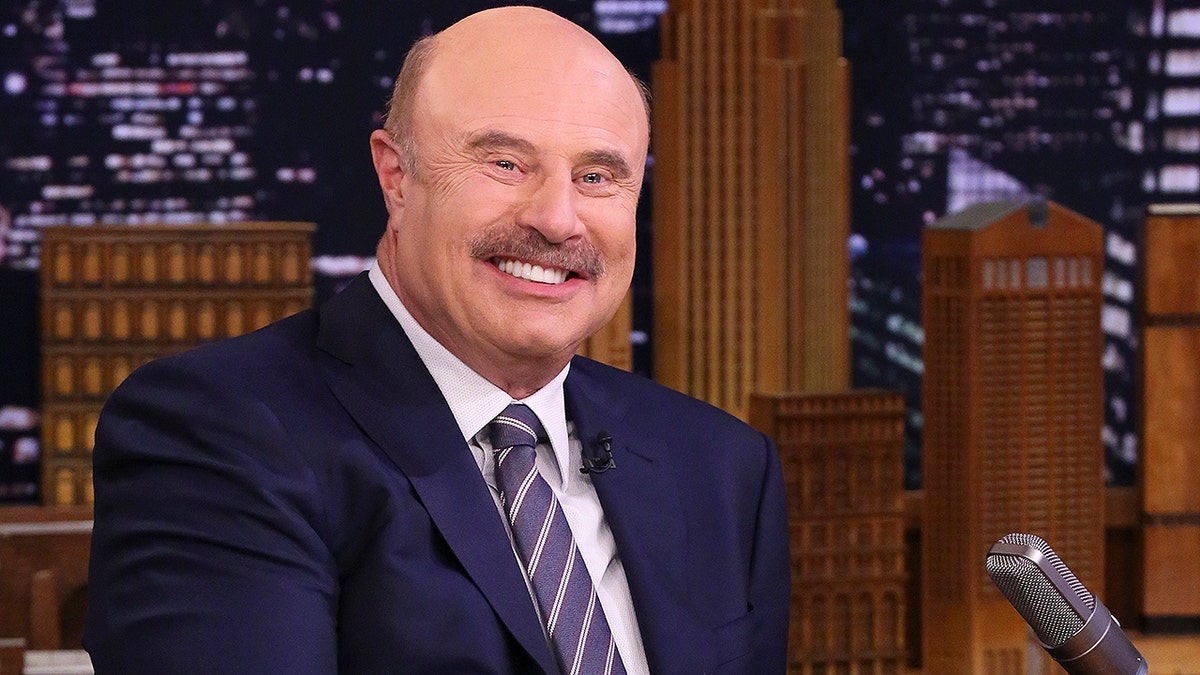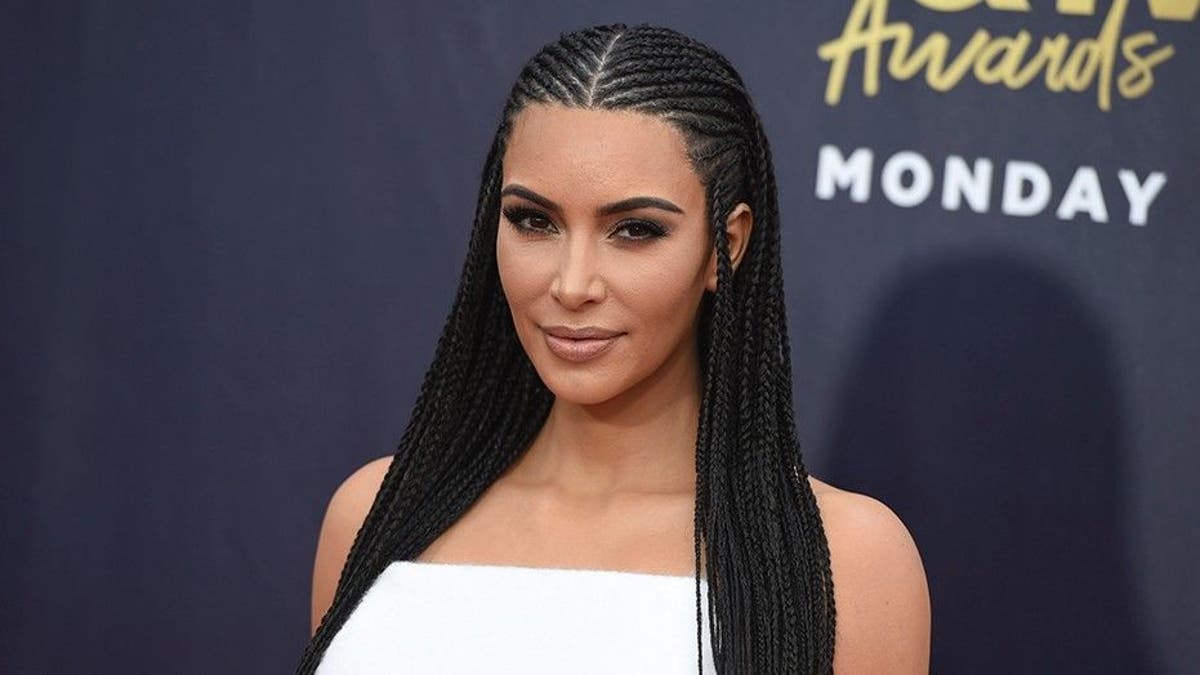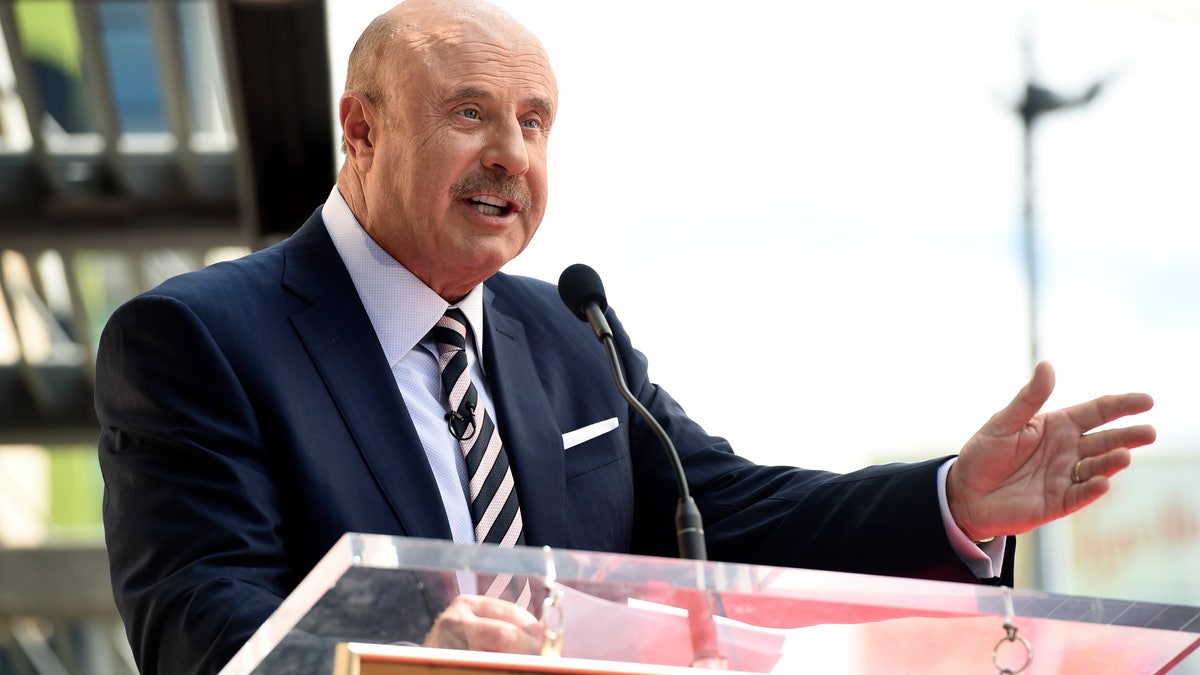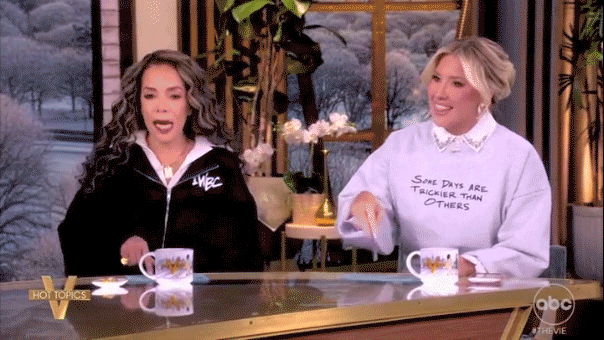Dr. Phil guest claims 'White supremacy is embedded' in everything' during segment on cultural appropriation
A professor appeared to suggest that culturally appropriating hairstyles such as dreadlocks is "on the same level as white supremacy"
A university professor told Dr. Phil's audience Friday that cultural appropriation is about how "White supremacy is embedded in everything."
Arizona State University Professor Dr. Neal A. Lester also suggested that people who appropriate dreadlocks are "on the same level as White supremacy" while appearing on Friday's episode of Dr. Phil to debate whether it is okay for people to borrow from other cultures.
Lester added, "This is about humanity or the lack of humanity. When we’re putting on someone else’s culture, that is somebody else’s identity. So when you’re talking about being worried about stuff, I’m talking about this in the context of power and history."
Later in the show after a large portion of the audience raised their hands to indicate they thought concern about cultural appropriation was overblown, the professor suggested that "White supremacy" can be found in surprising places.

Dr. Phil McGraw's show has tackled some of the most hot button issues in American politics in recent years. (Getty)
PRO-LIFE ACTIVIST CLASHES WITH DR. PHIL, AUDIENCE MEMBER ON ABORTION: 'YOU KEEP SPEAKING OVER ME'
"When we talk about systemic racism, which many of us started talking about after George Floyd’s murder, we started seeing the ways in which White supremacy is embedded in everything," he said. "And cultural appropriation is about that. It’s not only about that, but it is about that."
One member of the audience pushed back and suggested that what clothes or hairstyles people of different races are culturally allowed to wear is a petty problem.
"In a multicultural society, I don’t think that the boundaries between cultures are that rigid. I think they’re somewhat fluid. And so at the end of the day, we’re talking about hairstyles," she said. "We’re talking about clothing. There’s so many bigger fish to fry. We have this grievance culture. Everybody has a grievance about something. And I just think that it’s really not that big of an issue."
Cultural appropriation is a critical issue to many politically charged activists, however.

Kim Kardashian has been accused of cultural appropriation in the past, including with her braided hairstyles. (Invision/AP)
One female guest named Keziah explained how she had received death threats after she went viral for wearing a traditional Chinese dress for her high school prom. She claimed that while many people were outraged, actual Chinese people were honored to the point that she was invited as the guest of honor to a Chinese festival.
TIME, ‘GOOD MORNING AMERICA' HIT HAILEY BIEBER FOR ’CULTURAL APPROPRIATION' OVER TIKTOK LIP ROUTINE
After appearing in a man on the street video, former PragerU personality and current editor-in-chief of The Florida Standard Will Witt appeared virtually and slammed liberal rhetoric around cultural appropriation.
"No, you can’t claim that something is just a part of your culture, either. It’s for people to share and celebrate and use so you can actually have a society that is cohesive and works together as a melting pot, not all these different groups that can’t work together because everyone’s so offended," Witt suggested. "The only people who are actually offended by cultural appropriation don’t really have anything else of meaning going on in their lives, it seems."
Dr. Phil said that in the course of his research he had seen "Hispanics were complaining about hoop earrings. Hawaiians were really complaining when surfing was added to the Olympics, because they were taking surfing from the Hawaiian population."

This Feb. 21, 2020 file photo shows talk show host Dr. Phil McGraw speaking during a ceremony awarding him with a star on the Hollywood Walk of Fame in Los Angeles. (AP Photo/Chris Pizzello, File)
CLICK HERE TO GET THE FOX NEWS APP
Dr. Phil emphasized that a truly disturbing aspect of the cultural appropriation debate in modern America is how public condemnation, especially via social media, is the rhetoric of choice instead of polite dialogue.
"I hate to see that, because we seem to have this callout-cancel-culture and attack culture. And I really wonder— I’ve said before, we say a lot of things on a keyboard. I wonder if we would say that to somebody if we were in the elevator with them," he said.









































